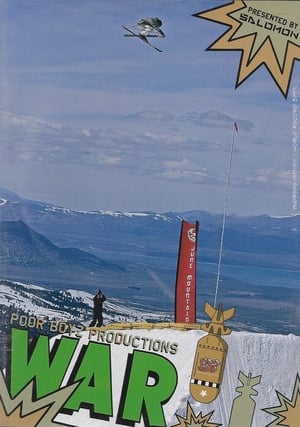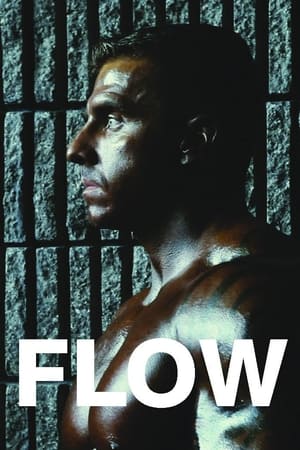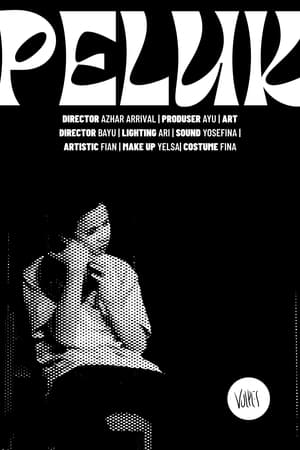
Laurence Deonna Free(2021)
For nearly 50 years, reporter, writer and photographer Laurence Deonna risked her life to capture the noise and anger of our times.

Movie: Laurence Deonna Free
Top 1 Billed Cast
Herself
Video Trailer Laurence Deonna Free
Recommendations Movies
War(en)
In the gray dawn of an October day, as the inhabitants of a village street in Tripoli are engaged in the enjoyment of their several pursuits of life, an Arab rushes upon the peaceful scene, announcing that Italy has declared war against Turkey and that the Italian warships are now in the harbor, shelling the city.
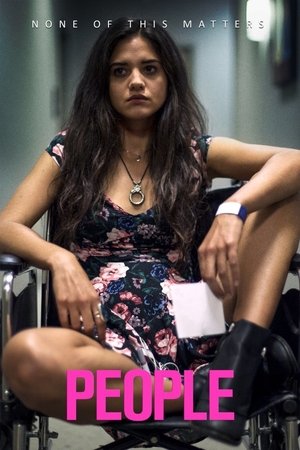 5.9
5.9People(en)
Six vignettes pit an assortment of characters against each other in everyday situations.
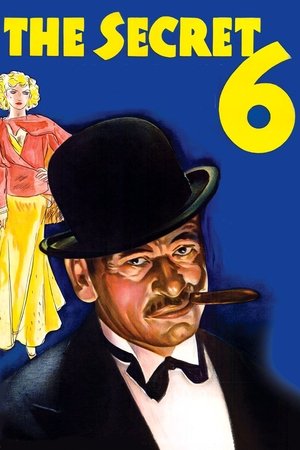 5.8
5.8The Secret Six(en)
Bootlegger/cafe owner, Johnny Franks recruits crude working man Scorpio to join his gang, masterminded by crooked criminal defense lawyer Newton. Scorpio eventually takes over Frank's operation, beats a rival gang, becomes wealthy, and dominates the city for several years until a secret group of six masked businessmen have him prosecuted and sent to the electric chair.
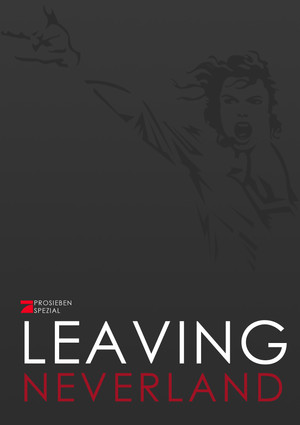 6.1
6.1Leaving Neverland: ProSieben Spezial(de)
The world is talking about 'Leaving Neverland. In our ProSieben special, we ask questions that the documentary doesn't, and look at the most important moments in the life of the superstar. In addition, we explore the question of how the new allegations change the view of Michael Jackson's overall work. This helps to classify the special documentary 'Leaving Neverland'.
 6.6
6.6Naruto: The Cross Roads(ja)
Naruto: The Cross Roads (Za Kurosurozu) is the sixth Naruto OVA. It uses the same CGI graphics as Naruto: Ultimate Ninja Storm and was released during Naruto: Shippuden. This OVA premiered at the Jump Festa Anime Tour 2009. Between the Prologue - Land of Waves and Chunin Exams arcs, Team 7 is waiting for Kakashi, who is late again, to start a new mission (B-ranked as Sasuke states). The team sets off while Kakashi explains that Genmai from the Inaho Village is missing, who has vanished in the hills.
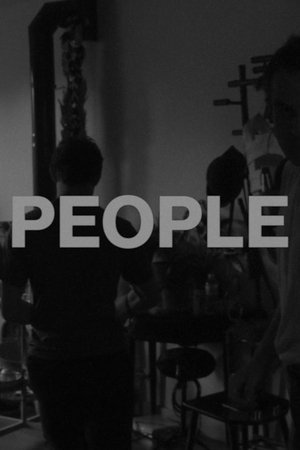 7.8
7.8People(fr)
People is a film shot behind closed doors in a workshop/house on the outskirts of Paris and features a dozen characters. It is based on an interweaving of scenes of moaning and sex. The house is the characters' common space, but the question of ownership is distended, they don't all inhabit it in the same way. As the sequences progress, we don't find the same characters but the same interdependent relationships. Through the alternation between lament and sexuality, physical and verbal communication are put on the same level. The film then deconstructs, through its repetitive structure, our relational myths.
 6.1
6.1Rheme Maining Sources(pt)
A place-specific film-excavation of Bixiga neiborhood – São Paulo. Choreography of forces that cross present time. Filmancy, clairvoyance is the vision of what is taking shape.
 8.3
8.3People(en)
The Red Mountain Tribe hangs out in my backyard. "Lipton's lovely home movie PEOPLE, in its affection for valuable inconsequential gestures, indicates in the course of its three minutes why there has to be a continuing alternative to the commercial cinema." – Roger Greenspun, The New York Times
 7.5
7.5Naruto, the Genie, and the Three Wishes, Believe It!(ja)
Naruto discovers a genie's bottle while he and the gang are at a genin grill party. When everyone finds out about the genie's ability to grant wishes, the ultimate chase begins.
 5.5
5.5SS Experiment Love Camp(it)
Near the end of WW2, prisoners of war are used in experiments to perfect the Arian race.
Film(en)
"This piece, with the generic title Film, is a series of short videos built around one protocol: a snippet of news from a newspaper of the day, is rolled up and then placed on a black-inked surface. On making contact with the liquid, the roll opens and of Its own accord frees itself of the gesture that fashioned it. As it comes alive in this way, the sliver of paper reveals Its hitherto unexposed content; this unpredictable kinematics is evidence of the constant impermanence of news. As well as exploring a certain archaeology of cinema, the mechanism references the passage of time: the ink, whether it is poured or printed, is the ink of ongoing human history." –Ismaïl Bahri
 6.2
6.2Box(en)
The execution was scheduled and the last meal consumed. The coolness of the poisons entering the blood system slowed the heart rate and sent him on the way to Judgement. He had paid for his crime with years on Death Row waiting for this moment and now he would pay for them again as the judgment continued..
 6.1
6.1Sex and Zen II(cn)
Wealthy Sai Moon-Kin works hard to please as many women as he possibly can. When marrying off his mentally handicapped son, he finds himself attracted to his new daughter in law, so he takes her for his own, unaware that she is the evil Mirage Woman, who wields fantastical "sucking" abilities.
 7.0
7.0Ghidorah, the Three-Headed Monster(ja)
After a meteorite unleashes a three-headed beast upon Tokyo, Mothra tries to unite with Godzilla and Rodan to battle the extraterrestrial threat.
Similar Movies
 6.9
6.9Bombshell: The Hedy Lamarr Story(en)
The life and career of the hailed Hollywood movie star and underappreciated genius inventor, Hedy Lamarr.
 0.0
0.0A Film for Discussion(en)
A docu-drama shot in 1970, but not completed until 1973, the film sought to encapsulate in an experimental form issues that were under discussion within the Women’s Liberation Movement at this time and to thus contribute to action for change. In its numerous community screenings, active debate was encouraged as part of the viewing experience.
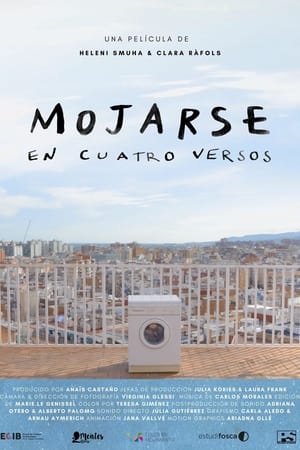 0.0
0.0Four Verses of Self Pleasure(es)
Seven women and one non binary person share their personal experiences with masturbation through short anecdotes and a revolutionary washing machine.
 5.0
5.0Stormé: Lady of the Jewel Box(en)
“It ain’t easy…being green” is the favorite expression of Stormé DeLarverie, a woman whose life flouted prescriptions of gender and race. During the 1950s and '60s she toured the black theater circuit as a mistress of ceremonies and the sole male impersonator of the legendary Jewel Box Revue, America’s first integrated female impersonation show and forerunner of La Cage aux Folles.
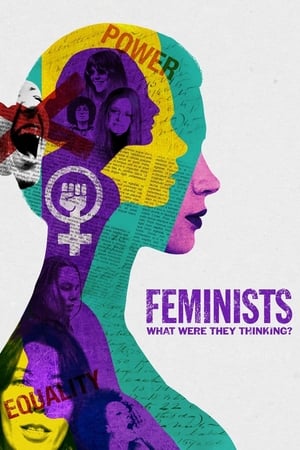 7.7
7.7Feminists: What Were They Thinking?(en)
In 1977, a book of photographs captured an awakening - women shedding the cultural restrictions of their childhoods and embracing their full humanity. This documentary revisits those photos, those women and those times and takes aim at our culture today that alarmingly shows the need for continued change.
 6.2
6.2Lioness: The Nicola Adams Story(en)
The extraordinary rise of Olympic boxing champion, record-breaker, feminist and LGBT icon Nicola Adams. From the streets of Leeds to the world stage, Adams fought her way to the top and changed the game. This, is her story.
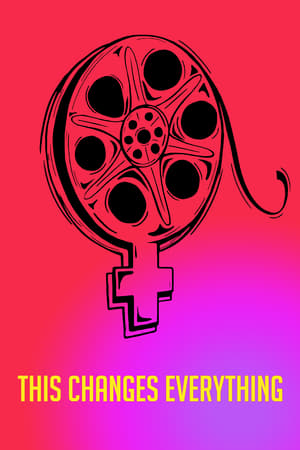 6.2
6.2This Changes Everything(en)
An investigative look and analysis of gender disparity in Hollywood, featuring accounts from well-known actors, executives and artists in the Industry.
 8.5
8.5The Feminist: A Swedish Inspiration(sv)
This personal and compelling portrait follows Gudrun Schyman, spokesperson of Sweden's Feminist Initiative political party, as she moves between small towns, refugee camps, and the corridors of power.
 6.0
6.0Mata Hari: The Naked Spy(en)
100 years ago Mata Hari faced the firing squad as a convicted Dutch spy. It was at this moment that the legend of Mata Hari, the seductive spy, was born. Newly-discovered documents cast doubt on her guilt and reveal startling truths about her life. Mata Hari was a self-made woman whose boldness and sexuality threatened the male establishment. Most of what we've known about her until now has largely been myth. Mata Hari's challenges as an abused wife, single mother and a creative independent woman are familiar to women around the world. At the turn of the century, her struggles to attain sexual freedom, artistic expression, and liberation from the constraints of conventional society are the same ones women face today. She graced the cover of Vogue, performed all over Europe and left a coterie of smitten admirers in her wake.
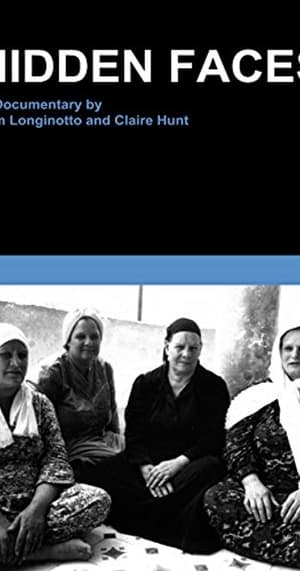 0.0
0.0Hidden Faces(en)
The film was originally conceived as a portrait of Dr. Nawal El Saadawi, the well-known Egyptian doctor, writer, and women’s rights activist. But the director was disappointed by the encounter with the woman who had been her great role model. Instead, she set out to discover what life means to Egyptian women by visiting her female relatives. Her mother, aunts, and neighbors talk about life as a married woman, about the traditional clitoridectomy of girls, about love and sexuality. The result is a very impressive and extremely personal film.
Maya Deren, Take Zero(en)
This documentary interweaves celluloid and voice recordings by Maya Deren, and colleagues who knew her firsthand: Jean Rouch, Jonas Mekas, Alexander Hammid, Cecile Starr etc. Maya Deren (1917-1961) was an experimental filmmaker. In the 1940s and 1950s she made several influential avant-garde films, such as Meshes of the Afternoon (1943). Images from this and her other work are used in this documentary. You can also hear her voice, as well as accounts by contemporaries such as Jean Rouch and Jonas Mekas.
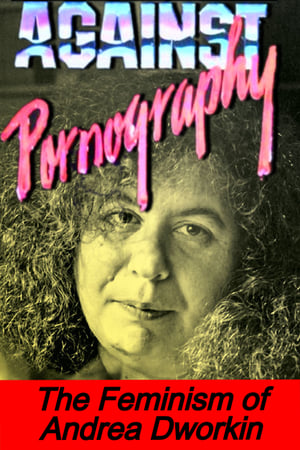 10.0
10.0Pornography: Andrea Dworkin(en)
Radical feminist Andrea Dworkin's expose on the pornography industry.
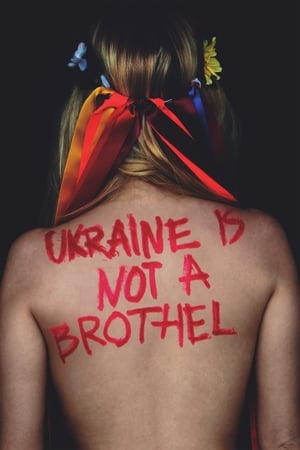 5.8
5.8Ukraine Is Not a Brothel(en)
Ukraine's topless feminist sensation Femen has created a media frenzy across Europe, but before they take the world by storm, these bold and beautiful women must confront the dark and perverse forces that power their organisation.
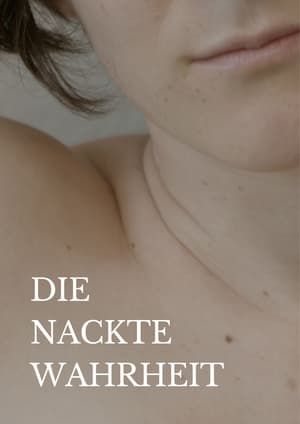 0.0
0.0The Naked Truth(de)
A painter, a naked woman, and a camera. In this triple constellation we explore the power of the gaze and the roles it imposes on us. An artist's studio turns into the setting for questions about how we look at and perceive women. The naked skin of the model becomes the canvas for an audiovisual exploration of the ways in which seeing and being seen anchors us in our body. And how this body shapes our experience of the world and our role in it.
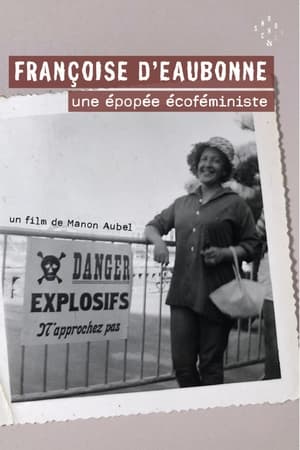 1.0
1.0Françoise d'Eaubonne: une épopée écoféministe(fr)
In the 1970s, Françoise d'Eaubonne stood out in the French intellectual landscape. At 50, she has already won several literary prizes and published around forty novels and essays, but is resuming her militant fight with renewed vigor. She is the first to define ecofeminism, denouncing the common oppression of women and the planet as a consequence of patriarchy. She participated in the actions of the MLF (Women's Liberation Movement), in the creation of the FHAR (Homosexual Revolutionary Action Front) and theorized counter-violence, going so far as to sabotage the construction site of the Fessenheim nuclear power plant. This film presents unpublished documents for the first time. Drawing freely from the manuscripts and photographic archives that she bequeathed to the Memory Institute for Contemporary Publishing, her relatives and researchers, historians and publishers comment on the resonance of her feminist and ecological heritage.
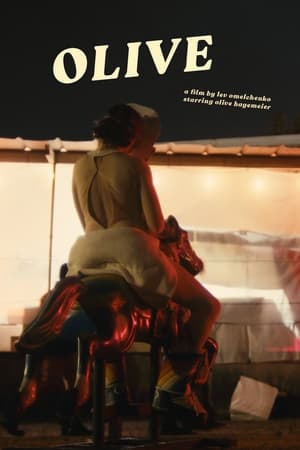 0.0
0.0Olive(en)
“Olive” is a short documentary that follows Olive Hagemeier, an energetic woman, on her daily routine of salvaging, repackaging and redistributing food, and occasional other types of “waste”, across Atlanta, GA. Presented in a quiet observational style, this film is both a character study of a committed and enigmatic volunteer, as well as an ethnographic work that places the audience in the heart of a decentralized, volunteer-run mutual aid network in a “post-COVID” American city.
 10.0
10.0Mexeu com uma, mexeu com todas(pt)
“Touch one, touch us all” is a slogan of the women who took over the streets in Brazil and organized themselves in social networks to face male chauvinist and conservatism. Through testimonies of women who have been subjected to violence, the documentary reveals that, despite legal achievements, the woman still remains vulnerable. Amongst other deponents are Maria da Penha, Joanna Maranhão, Luíza Brunet, and Clara Averbuck.
 0.0
0.0Code Name: Butterflies(es)
In the 1950s, Patria, Minerva, and María Teresa Mirabal - who were known by their codename "The Butterflies" - created an underground resistance movement against Rafael Trujillo, dictator of the Dominican Republic. On November 25, 1960, Trujillo had all three sisters assassinated. The assassinations turned the Mirabal sisters into national heroines and symbols of feminist resistance. The documentary interweaves interviews with over forty witnesses to the story, including the Mirabal family friends, colleagues, co-revolutionaries, teachers, and most importantly, their surviving sister, Dedé, along with dramatic reenactments and archival footage.
 0.0
0.0Lyne Lapointe – L'art et la matière(fr)
Everything about the Quebec visual artist Lyne Lapointe reflects the grip of art on her life. Lesbian and feminist, she tirelessly highlights in her work the challenging position of women in society and in the art world. This concern is the common thread in the story of her life and projects. Despite a serious accident that ended her first series, revolutionary urban creations that earned her international reputation, she reinvents her approach with the tenacity that characterizes her, ultimately becoming the subject of significant exhibitions in Quebec, Canada, and abroad.


